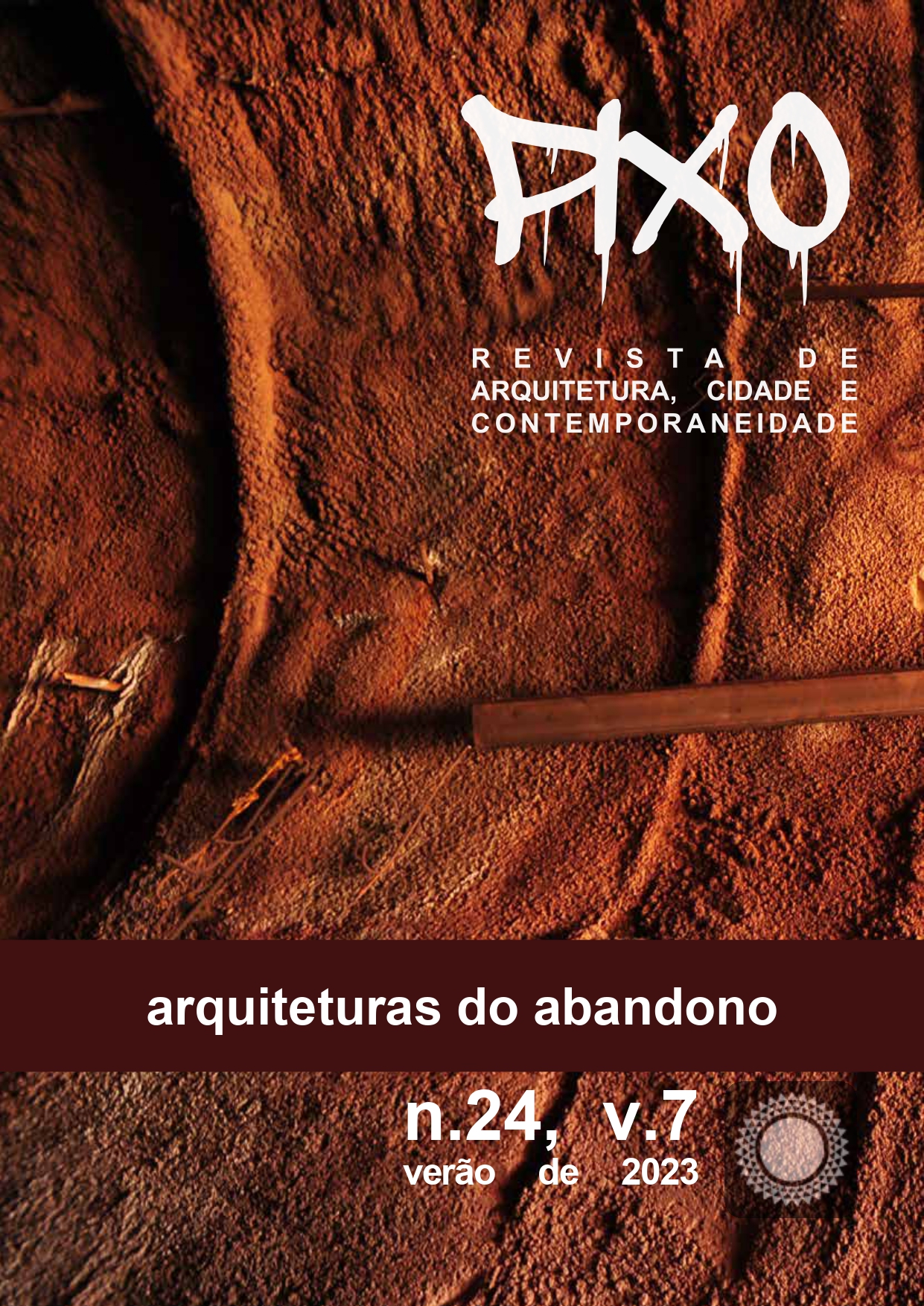VAZIOS URBANOS PÚBLICOS
Abandono e rupturas na cidade de Erechim/RS
Abstract
The production of urban space is governed by social, political, economic and cultural aspects, in this way, contemporary urbanization reflects the decisions taken by agents and public authorities in the different historical layers of urban expansion. The urban space of the contemporary Brazilian city is characterized by the dispersed structure permeated by urban voids of different scales, marked by abandonment. This is the case of the city of Erechim, Rio Grande do Sul, which has different public open spaces in a situation of urban emptiness, such as the railway line, squares and green areas. This abandonment symbolizes the neglect, underutilization, of these public spaces, especially in peripheral areas where the population most needs access to quality urban space. The contributions of this article are in the reflection of what the scenario of abandonment of public urban voids represents, since these spaces need to effectively integrate the socio-spatial dynamics in order to minimize existing inequalities.



.png)
.jpg)

